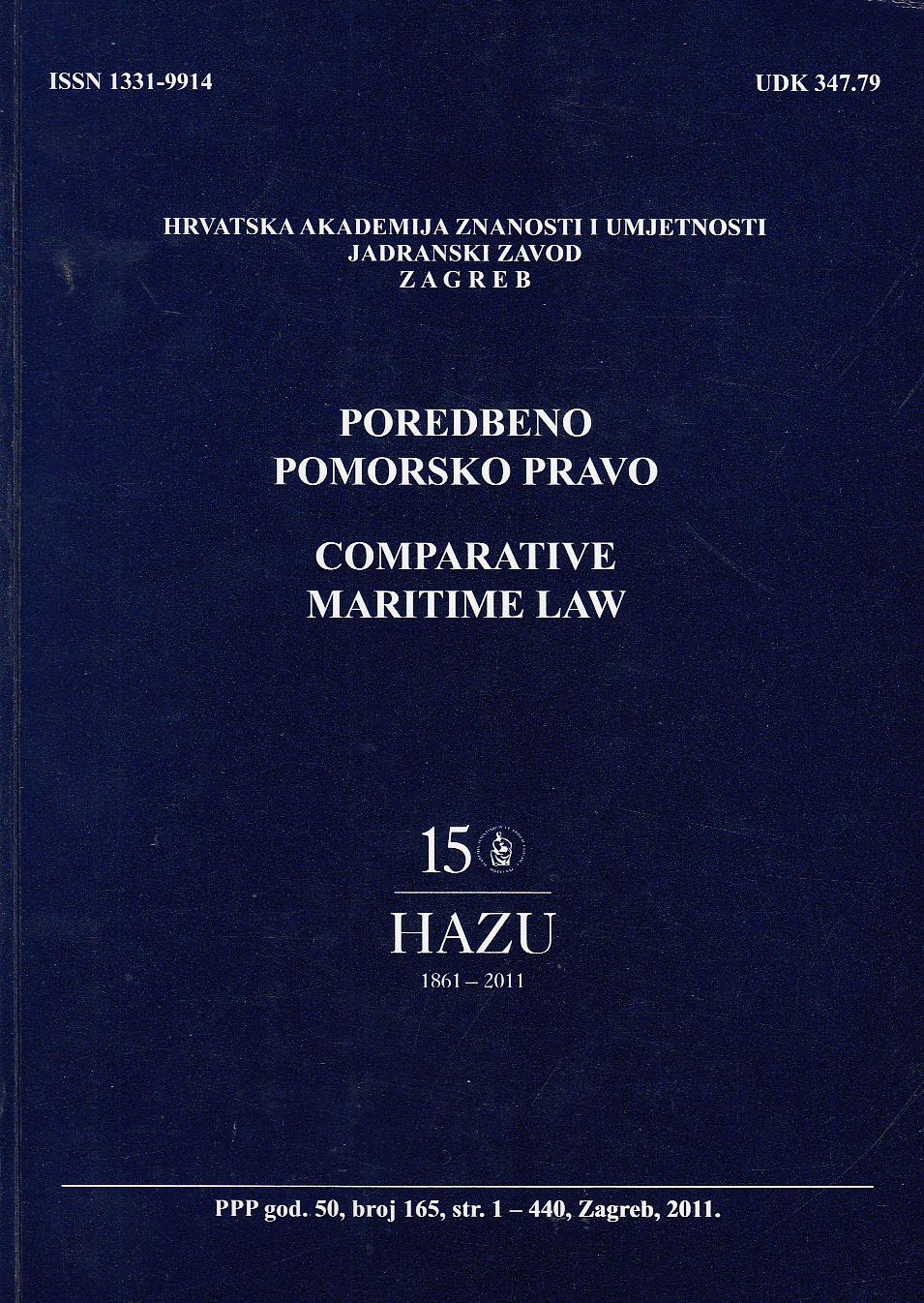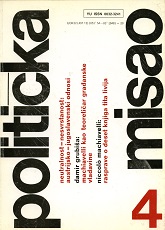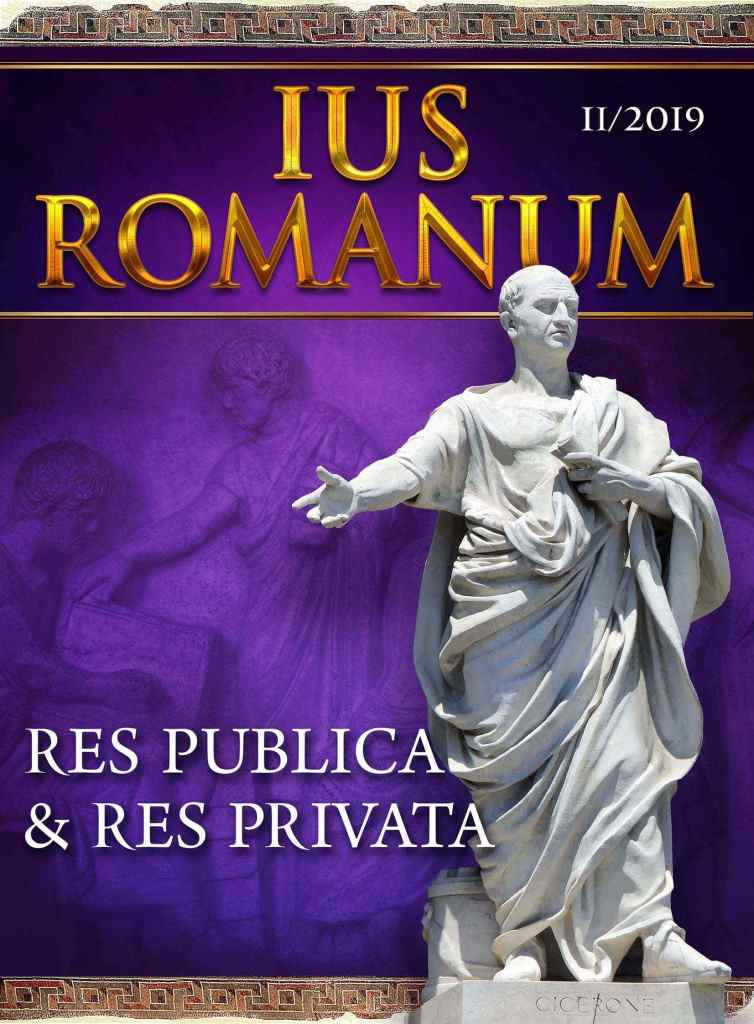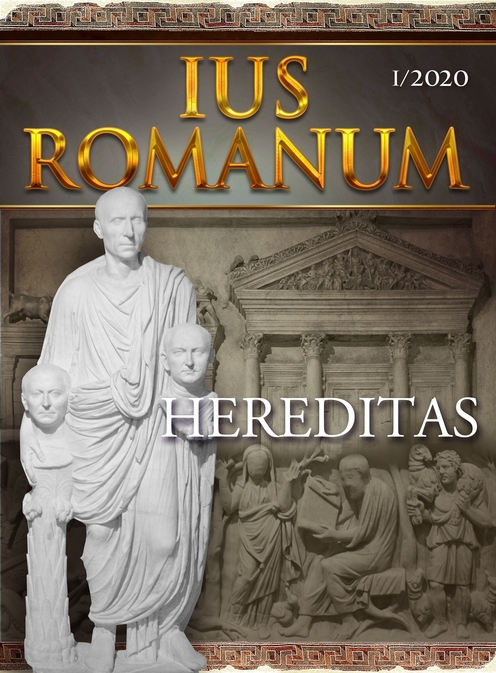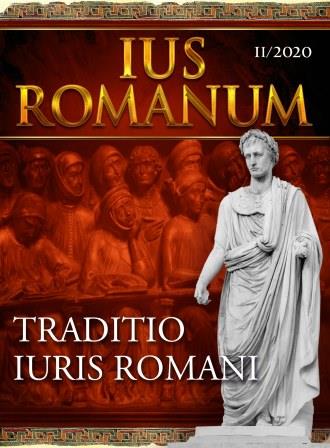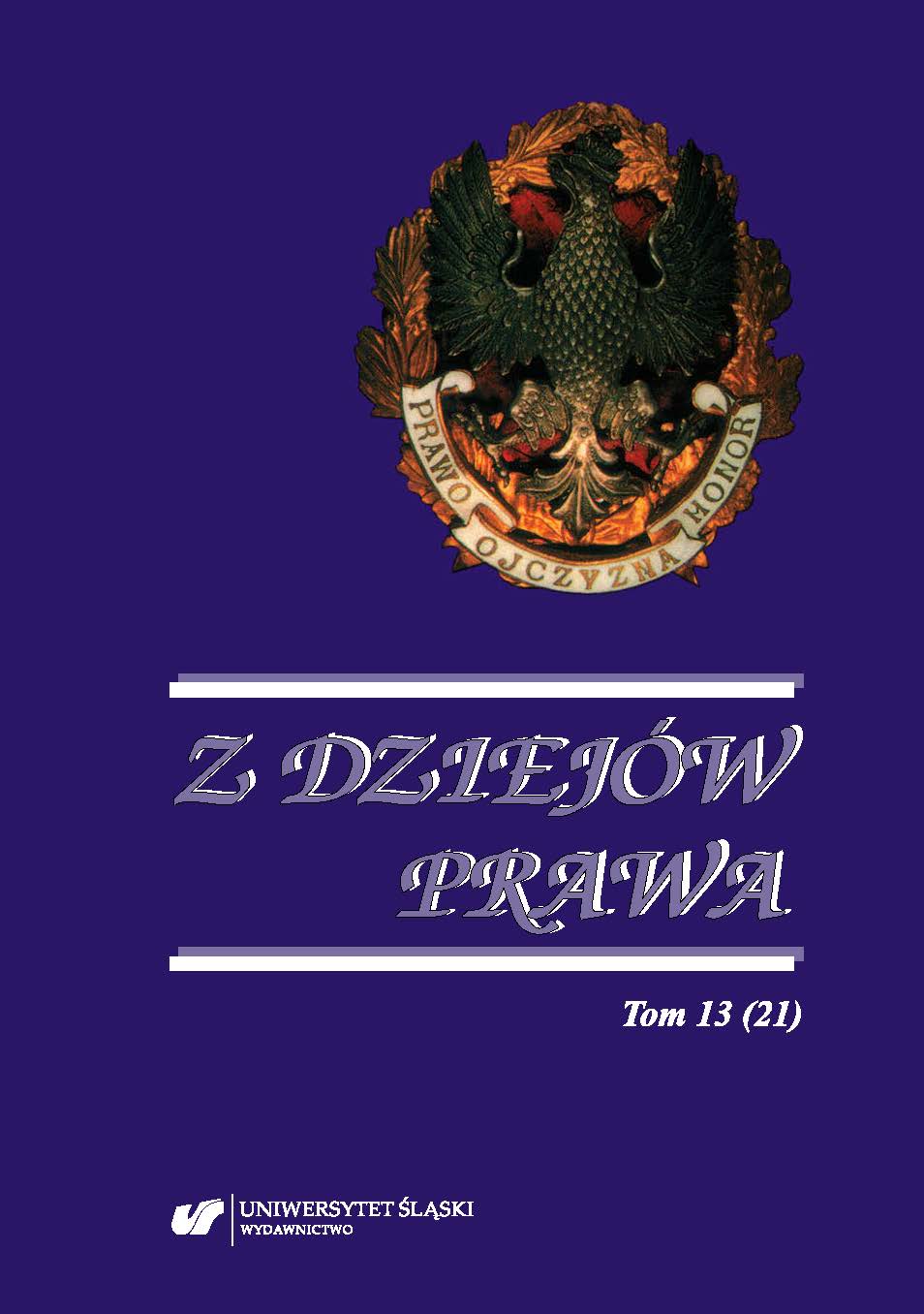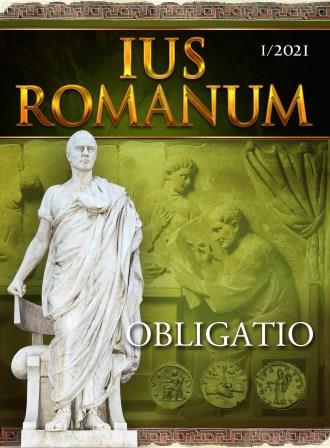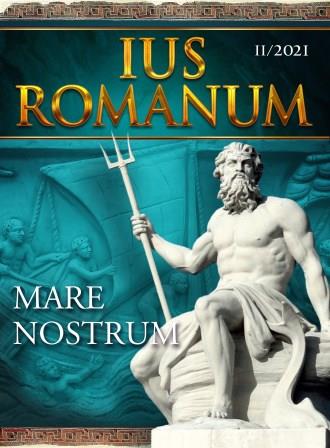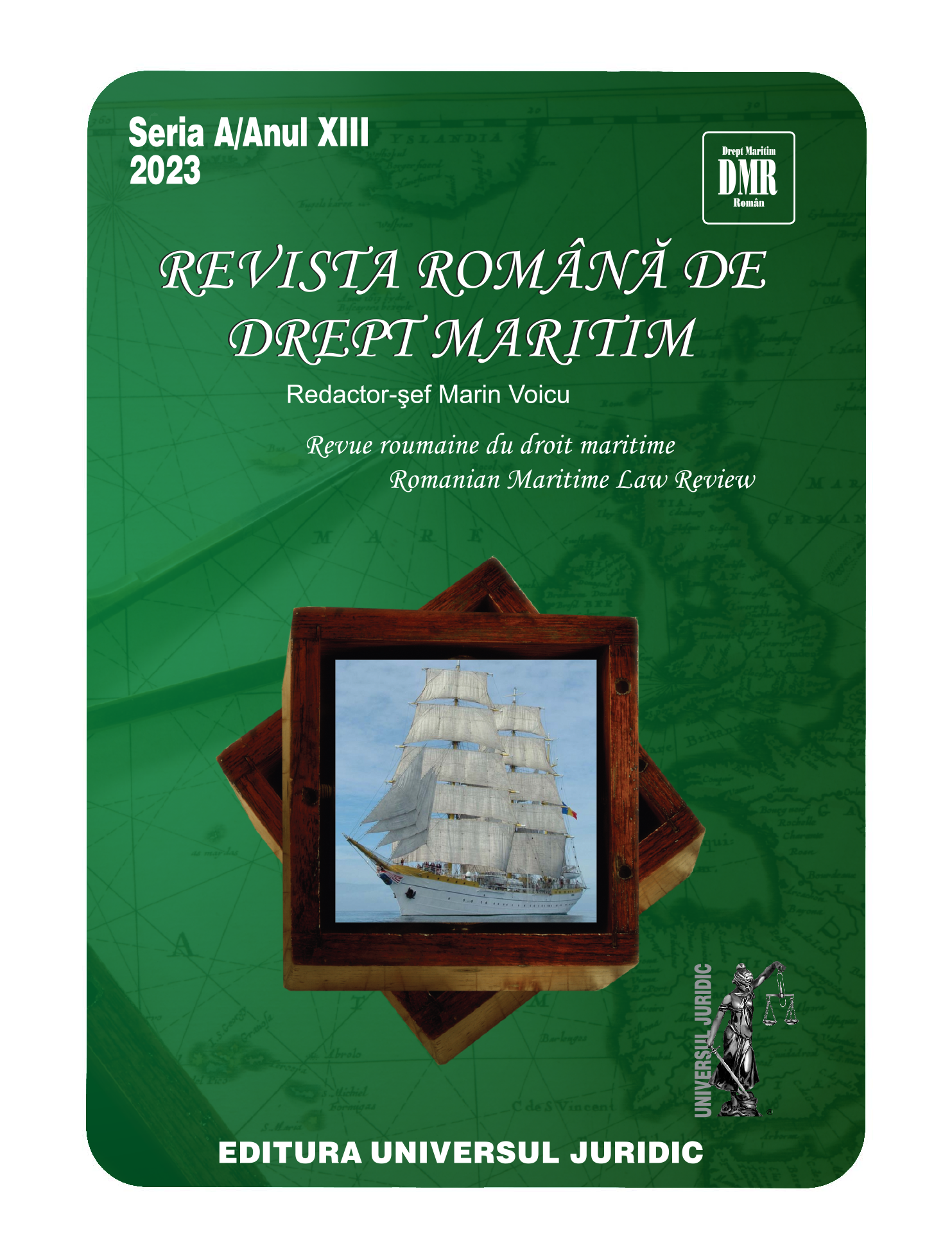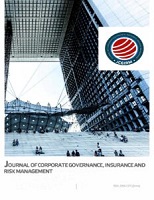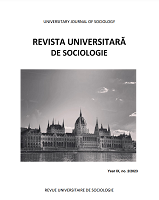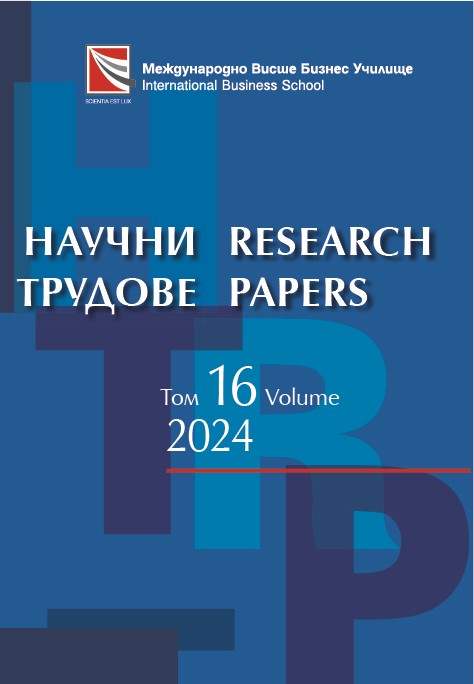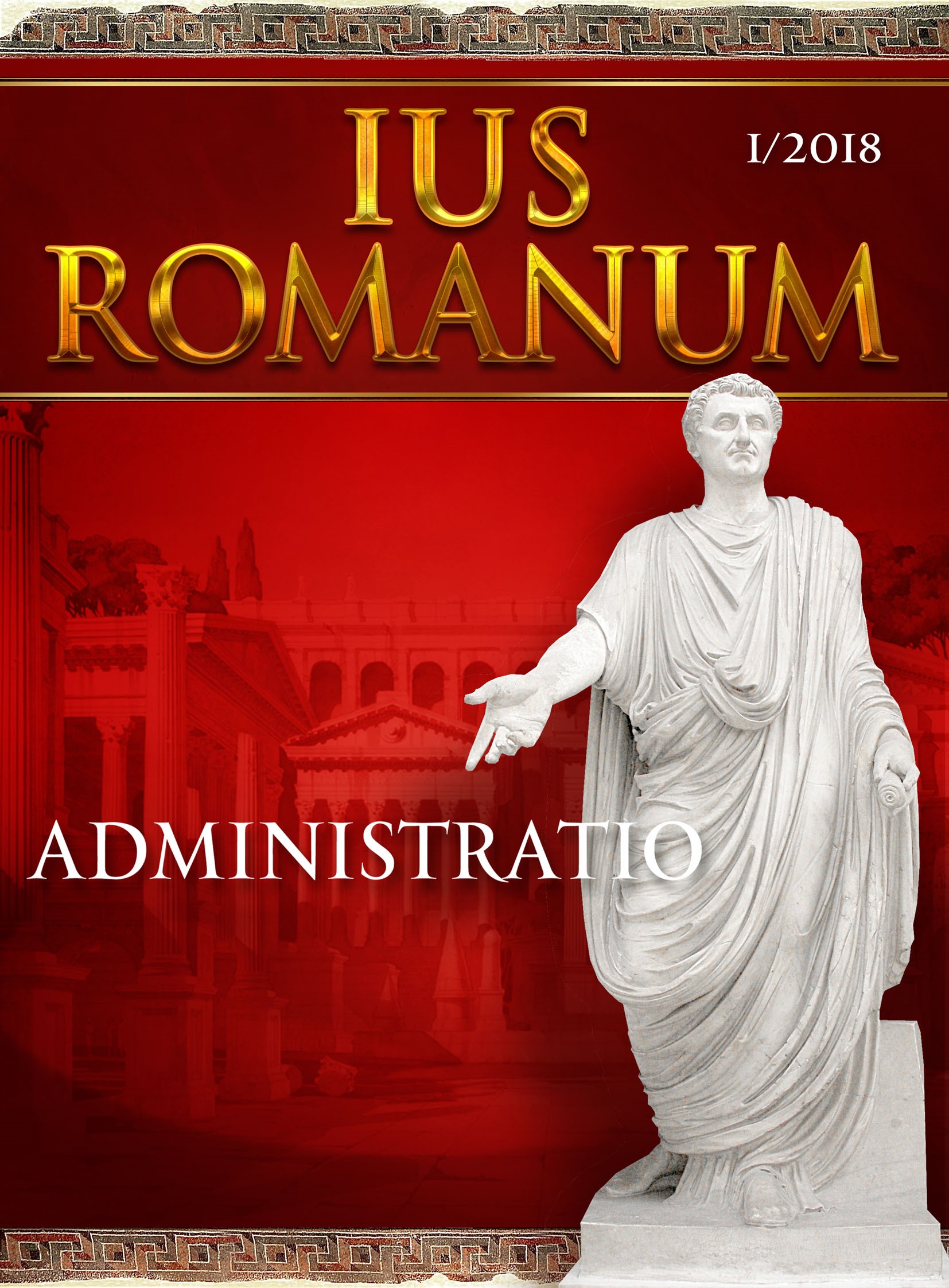
ДЕЙНОСТ НА РИМСКАТА АДМИНИСТРАЦИЯ ПО ОТНОШЕНИЕ ГРАДСКАТА СРЕДА
Without having ecological awareness and environmental protection, from the Roman law there is concern about the salubritas public of the living spaces. Salubritas and urbanism are concepts that are linked to this end and have served as a key category for the organization , policy analysis, case law and legal practice in relation to the organization of life in society. Study of the concept of urbanism in Roman law and the definition and legal nature of the limitations of property for reasons of public interest. Ruins of buildings and their environmental impact: they are the objective of this work that aims to summarize a global vision of the concern of the Roman jurists for the preservation of the urban environment, making their cities habitable places subject to a high level of development regulations. Likewise, it is outlined the analysis of the legal consequences of the damages produced by buildings in bad state of conservation, determining the legal nature of the responsibility in which the owners and their consequences incur in these cases.
More...
